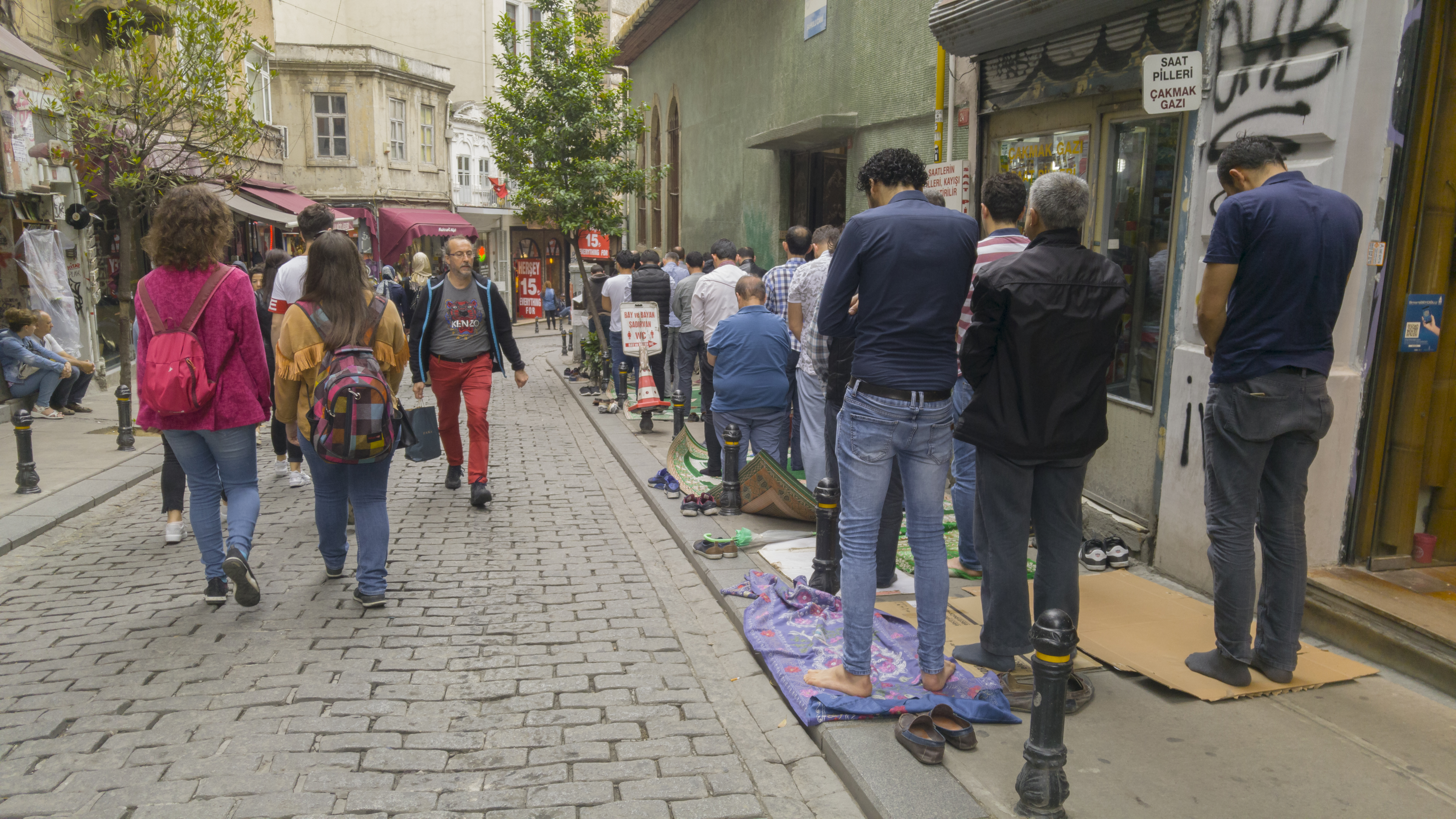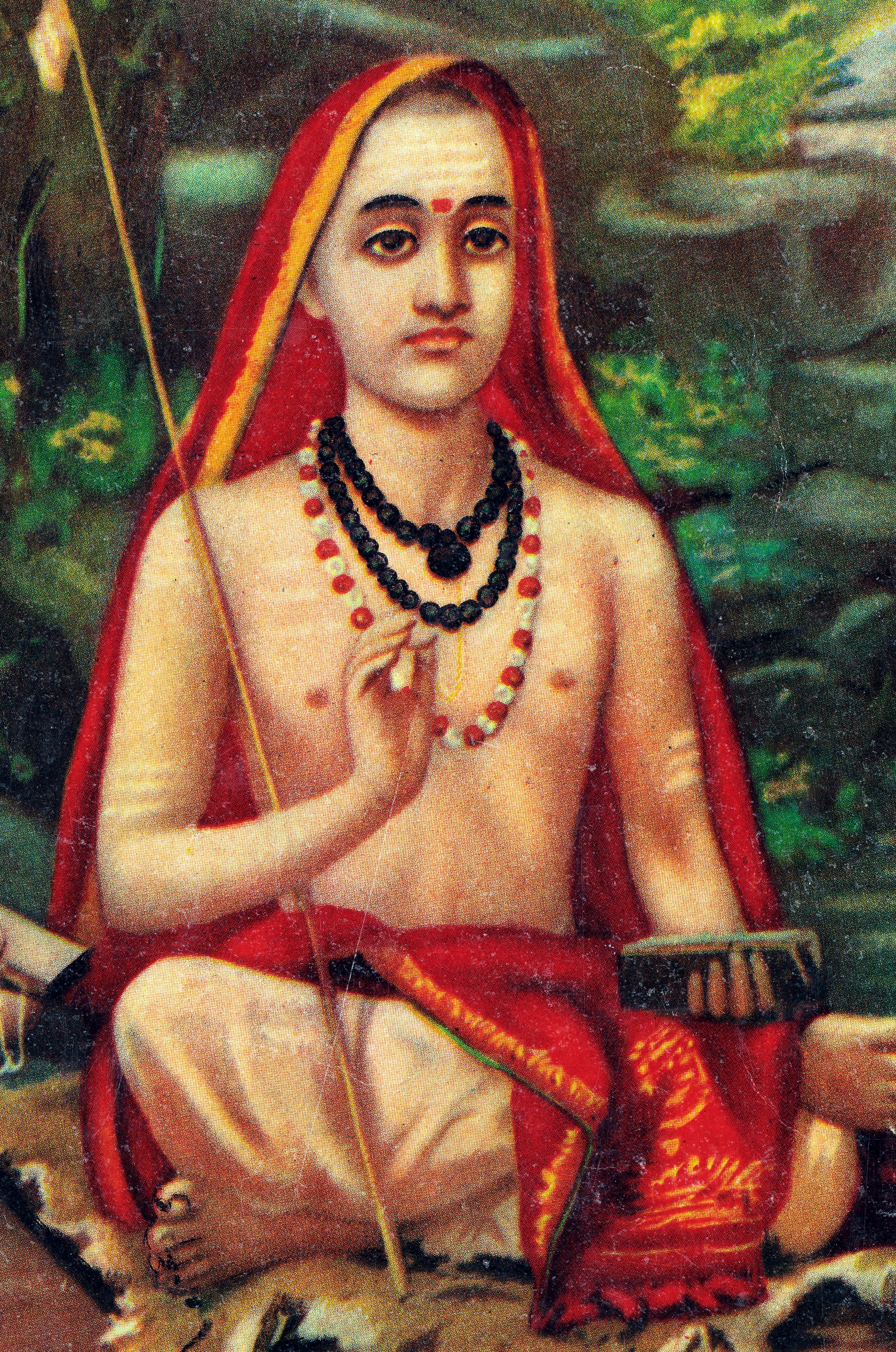|
Gigi Tevsadze
Gigi Tevsadze is a Georgian academic, researcher, and founding director of Ilia State University (2006–2013), one of Georgia' main institutions of higher education. He remains at this institution as a professor. Tevsadze also works as the director of the 4D research institute at Ilia State University. Tevsadze is the author of multiple publications in Georgian and English. His books focus on philosophy and the role of religion in society. His Guide to Critical Thinking has also been published in English. Among his other publications is a widely cited analysis on Power Elites in Georgia (with Zurab Chiaberashvili). He has also written on a range of other topics, including wolf-human conflict in Georgia. Tevsadze has also worked as a consultant for Georgian and international organizations, as head of the research department of the Parliament of Georgia The Parliament of Georgia ( ka, საქართველოს პარლამენტი, tr) is the supreme natio ... [...More Info...] [...Related Items...] OR: [Wikipedia] [Google] [Baidu] |
Georgians
Georgians, or Kartvelians (; ka, ქართველები, tr, ), are a nation and Peoples of the Caucasus, Caucasian ethnic group native to present-day Georgia (country), Georgia and surrounding areas historically associated with the Georgian kingdoms. Significant Georgian diaspora communities are also present throughout Georgians in Russia, Russia, Georgians in Turkey, Turkey, Georgians in Greece, Greece, Iranian Georgians, Iran, Georgians in Ukraine, Ukraine, the Georgian Americans, United States, and the European Union. Georgians arose from Colchis, Colchian and Kingdom of Iberia (antiquity), Iberian civilizations of classical antiquity; Colchis was interconnected with the Ancient Greece, Hellenic world, whereas Iberia was influenced by the Achaemenid Empire until Alexander the Great conquered it. In the early 4th century, the Georgians became one of the first to Christianization of Iberia, embrace Christianity. Currently, the majority of Georgians are Eastern Orthodo ... [...More Info...] [...Related Items...] OR: [Wikipedia] [Google] [Baidu] |
Ilia State University
Ilia State University ISU ( ka, ილიას სახელმწიფო უნივერსიტეტი) is a public university in Tbilisi, Georgia that was founded in 2006 as a result of a merger of six different academic institutions. Currently, ISU is one of the leading research and educational institutions in Georgia. History Ilia State University (ISU), located in Tbilisi, is a flagship public research and comprehensive higher education institution in the South Caucasus which focuses on scientific advancement and transferring top notch knowledge to facilitate societal development. Established in 2006 as a merger of six different institutions, each having a long history and a diverse institutional profile, Ilia State University ranks as the top research university in the South Caucasus, according to its research output. ISU's mission revolves around three main principles: academic freedom, freedom of conscience, and freedom of choice. Its four faculties (Facul ... [...More Info...] [...Related Items...] OR: [Wikipedia] [Google] [Baidu] |
Philosophy
Philosophy ('love of wisdom' in Ancient Greek) is a systematic study of general and fundamental questions concerning topics like existence, reason, knowledge, Value (ethics and social sciences), value, mind, and language. It is a rational and critical inquiry that reflects on its methods and assumptions. Historically, many of the individual sciences, such as physics and psychology, formed part of philosophy. However, they are considered separate academic disciplines in the modern sense of the term. Influential traditions in the history of philosophy include Western philosophy, Western, Islamic philosophy, Arabic–Persian, Indian philosophy, Indian, and Chinese philosophy. Western philosophy originated in Ancient Greece and covers a wide area of philosophical subfields. A central topic in Arabic–Persian philosophy is the relation between reason and revelation. Indian philosophy combines the Spirituality, spiritual problem of how to reach Enlightenment in Buddhism, enlighten ... [...More Info...] [...Related Items...] OR: [Wikipedia] [Google] [Baidu] |
Sociology Of Religion
Sociology of religion is the study of the beliefs, practices and organizational forms of religion using the tools and methods of the discipline of sociology. This objective investigation may include the use both of Quantitative research, quantitative methods (surveys, polls, demographic and census analysis) and of Qualitative research, qualitative approaches (such as participant observation, interviewing, and analysis of archival, historical and documentary materials). Modern sociology as an academic discipline began with the analysis of religion in Émile Durkheim's 1897 suicide (Durkheim book), study of suicide rates among Catholic Church, Catholic and Protestantism, Protestant populations, a foundational work of social research which served to distinguish sociology from other disciplines, such as psychology. The works of Karl Marx (1818–1883) and Max Weber (1864–1920) emphasized the relationship between religion and the economic system, economic or social structure of soci ... [...More Info...] [...Related Items...] OR: [Wikipedia] [Google] [Baidu] |
Parliament Of Georgia
The Parliament of Georgia ( ka, საქართველოს პარლამენტი, tr) is the supreme national legislature of Georgia. It is a unicameral parliament, currently consisting of 150 members elected through fully proportional election. The current convocation of the Georgian Parliament is 11th. All members of the Parliament are elected for four years on the basis of universal suffrage. The Constitution of Georgia grants the Parliament of Georgia a legislative power, which is partially devolved to the legislatures of the autonomous republics of Adjara and Abkhazia. History The idea of limiting royal power and creating a parliamentary-type body of government was conceived among the aristocrats and citizens in the 12th century Kingdom of Georgia, during the reign of Queen Tamar, the first Georgian female monarch. In the view of Queen Tamar's oppositionists and their leader, Qutlu Arslan, the first Georgian Parliament was to be formed of two " ... [...More Info...] [...Related Items...] OR: [Wikipedia] [Google] [Baidu] |
Political Scientists From Georgia (country)
Politics () is the set of activities that are associated with making decisions in groups, or other forms of power relations among individuals, such as the distribution of status or resources. The branch of social science that studies politics and government is referred to as political science. Politics may be used positively in the context of a "political solution" which is compromising and non-violent, or descriptively as "the art or science of government", but the word often also carries a negative connotation.. The concept has been defined in various ways, and different approaches have fundamentally differing views on whether it should be used extensively or in a limited way, empirically or normatively, and on whether conflict or co-operation is more essential to it. A variety of methods are deployed in politics, which include promoting one's own political views among people, negotiation with other political subjects, making laws, and exercising internal and external forc ... [...More Info...] [...Related Items...] OR: [Wikipedia] [Google] [Baidu] |
Academic Staff Of Ilia State University
An academy (Attic Greek: Ἀκαδήμεια; Koine Greek Ἀκαδημία) is an institution of tertiary education. The name traces back to Plato's school of philosophy, founded approximately 386 BC at Akademia, a sanctuary of Athena, the goddess of wisdom and Skills, skill, north of Ancient Athens, Athens, Greece. The Royal Spanish Academy defines academy as scientific, literary or artistic society established with public authority and as a teaching establishment, public or private, of a professional, artistic, technical or simply practical nature. Etymology The word comes from the ''Academy'' in ancient Greece, which derives from the Athenian hero, ''Akademos''. Outside the city walls of Athens, the Gymnasium (ancient Greece), gymnasium was made famous by Plato as a center of learning. The sacred space, dedicated to the goddess of wisdom, Athena, had formerly been an olive Grove (nature), grove, hence the expression "the groves of Academe". In these gardens, the philos ... [...More Info...] [...Related Items...] OR: [Wikipedia] [Google] [Baidu] |
Living People
Purpose: Because living persons may suffer personal harm from inappropriate information, we should watch their articles carefully. By adding an article to this category, it marks them with a notice about sources whenever someone tries to edit them, to remind them of WP:BLP (biographies of living persons) policy that these articles must maintain a neutral point of view, maintain factual accuracy, and be properly sourced. Recent changes to these articles are listed on Special:RecentChangesLinked/Living people. Organization: This category should not be sub-categorized. Entries are generally sorted by family name In many societies, a surname, family name, or last name is the mostly hereditary portion of one's personal name that indicates one's family. It is typically combined with a given name to form the full name of a person, although several give .... Maintenance: Individuals of advanced age (over 90), for whom there has been no new documentation in the last ten ... [...More Info...] [...Related Items...] OR: [Wikipedia] [Google] [Baidu] |
Philosophers From Georgia (country)
Philosophy ('love of wisdom' in Ancient Greek) is a systematic study of general and fundamental questions concerning topics like existence, reason, knowledge, value, mind, and language. It is a rational and critical inquiry that reflects on its methods and assumptions. Historically, many of the individual sciences, such as physics and psychology, formed part of philosophy. However, they are considered separate academic disciplines in the modern sense of the term. Influential traditions in the history of philosophy include Western, Arabic–Persian, Indian, and Chinese philosophy. Western philosophy originated in Ancient Greece and covers a wide area of philosophical subfields. A central topic in Arabic–Persian philosophy is the relation between reason and revelation. Indian philosophy combines the spiritual problem of how to reach enlightenment with the exploration of the nature of reality and the ways of arriving at knowledge. Chinese philosophy focuses principally on ... [...More Info...] [...Related Items...] OR: [Wikipedia] [Google] [Baidu] |







